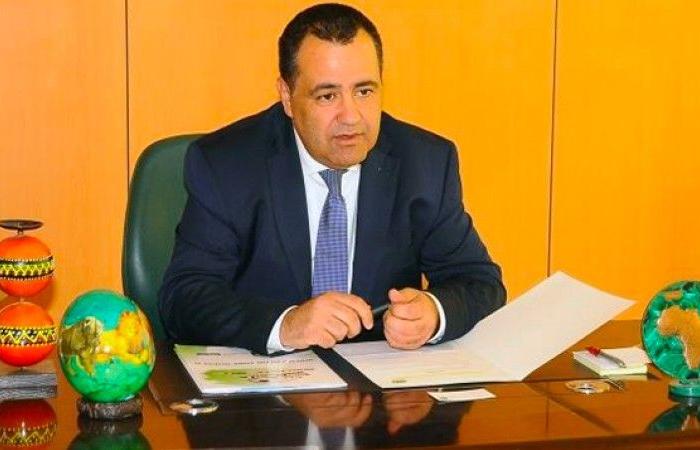The choice of a joint organization of the 2030 World Cup, between Africa and Europe, the North and the South, and the two banks of the Mediterranean, devotes a new vision of international cooperation, underlined, on Saturday in Marrakech, the general coordinator of the Royal Moroccan Football Federation (FRMF), Mouad Hajji.
“This new approach to cooperation is no longer based on competition between nations, but on the coexistence of civilizations, the dialogue of cultures and the convergence of efforts”, noted Mr. Hajji before the International Forum of Young Socialist and Socio-Democrats, held on May 2 and 3 at the City.
Noting that football constitutes a formidable engine of human development, social inclusion and cultural influence which values the territories and inspires generations, it noted that Morocco, Spain and Portugal, as co-organizers of the 2030 World Cup, “have the responsibility of making this World Cup a model of solidarity, sustainability and inclusion”.
Read also: 2030 World Cup: call for tenders launched for the second phase of the great Hassan II stadium
Mr. Hajji has also added that this planetary event will instill a new dynamic in the infrastructure, the economy, the employment and the image of Africa, specifying that Morocco will carry this ambition with determination, by working hand in hand with its African partners to bring out a strong, prosperous and integrated Africa in the concert of nations.
The 2030 World Cup is an exceptional opportunity to reaffirm the values of peaceful coexistence, fraternity and cooperation between peoples, he continued, pointing out that the kingdom, faithful to its inheritance, will fully play its role for this global event to carry a message of hope, dialogue and unity.
-“Our country is ready to welcome, bring together and make this World Cup a human, cultural and civilizational success,” he concluded.
For his part, the president of the Andean Parliament, Gustavo Pacheco Villar, wanted to congratulate Morocco for the historical feat achieved during the 2022 World Cup in Qatar, noting that the major successes of Moroccan sport reflect a long -term policy, initiated under the enlightened leadership of SM King Mohammed VI.
Mr. Pacheco Villar, in this context, estimated that the organization of the 2030 World Cup is likely to instill a dynamic with major development projects launched in the kingdom.
Organized by the Moroccan socialist parliamentary group, in partnership with the youth Ittihadya and the Mena-Latina forum, this two-day forum aimed to debate central themes such as world peace, southern parliamentary diplomacy, humanitarian crises, climate and human rights.
Map with map






